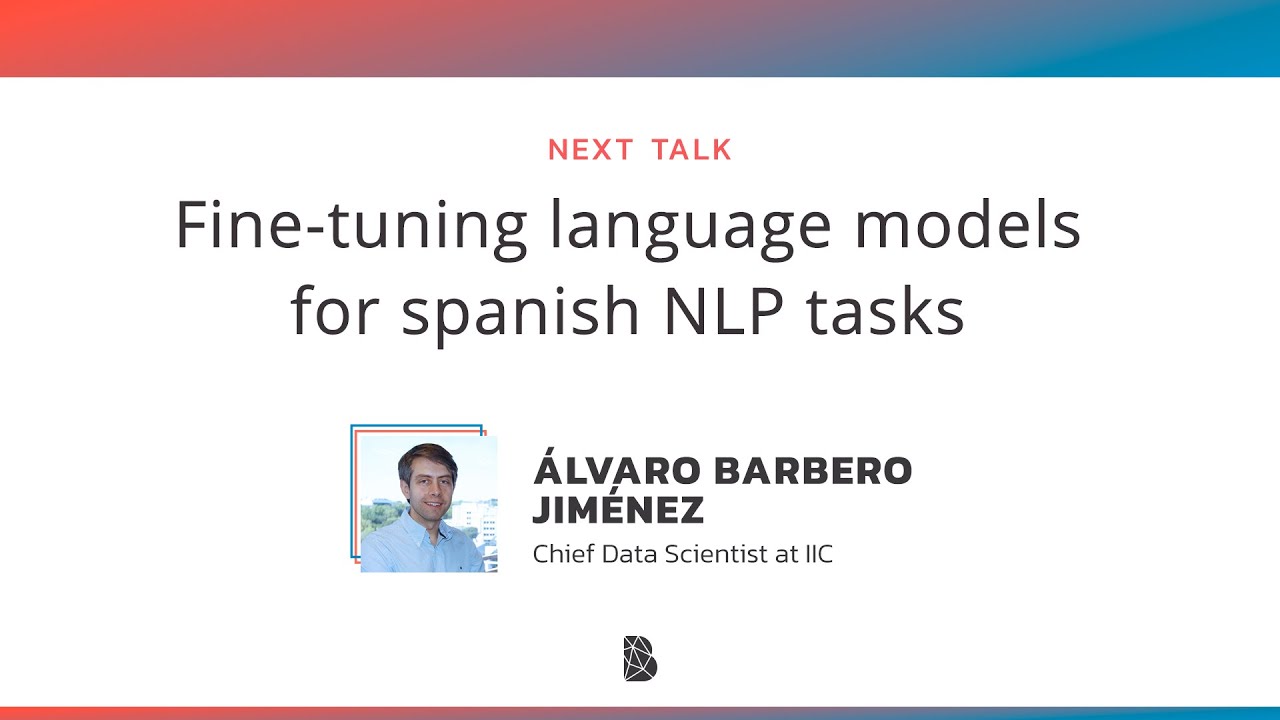
Spain’s Language Model Revolution: Breaking Language Barriers
In a groundbreaking move, Spain is set to develop an open-source large language model (LLM) trained in Spanish and several regional languages. This initiative, announced by Spanish Prime Minister Pedro Sánchez at the Mobile World Congress in Barcelona, aims to propel Spanish AI startups into the global market.
The project will involve a collaboration between public and private organizations, including the Barcelona Supercomputer Center and the Royal Spanish Academy. The LLM will be trained in Spanish (Castellano), Basque, Catalan, Galician, and Valencian, with the goal of making it accessible to users across Spanish-speaking countries.
Albert Cañigueral, the tech transfer director at BSC, expressed optimism that the LLM will rival OpenAI’s GPT-3 model. The development of this model is seen as a strategic move to compete with American tech giants in the AI sector.
Industry Impact and Future Prospects
The Spanish LLM project is expected to have a significant impact on the industry by enhancing the accuracy of AI startups in Spain. By reducing the reliance on English language data, developers can create more natural and region-specific language models.
Carlos KiK, CTO of AiMA Beyond AI startup, highlighted the importance of this project for Spanish companies to remain competitive in Latin American markets and Spanish-speaking communities in the US. He emphasized the need to act swiftly to avoid foreign dominance in the AI sector.
Coexistence and Collaboration
The development of the Spanish LLM will complement existing projects such as Aina and Ilenia, focusing on Catalan and Spanish languages. This collaborative approach aims to foster innovation and diversity in the AI language model landscape.
According to Cañigueral, the availability of BSC data for evaluating models will facilitate better comparisons of language accuracy and fluency. This inclusive strategy encourages the coexistence of various language models tailored to specific tasks.
Enhancing User Experience
The introduction of the BSC LLM is expected to revolutionize user experience by enabling AI companions to interact more naturally in multiple languages. By identifying local dialects and adapting responses accordingly, these companions can provide a personalized and immersive interaction.
KiK emphasized the time-saving benefits of using the BSC LLM, as developers no longer need to make extensive modifications to achieve linguistic authenticity. The project’s focus on regional languages reflects a commitment to linguistic diversity and inclusivity.
 Image for illustrative purposes
Image for illustrative purposes













